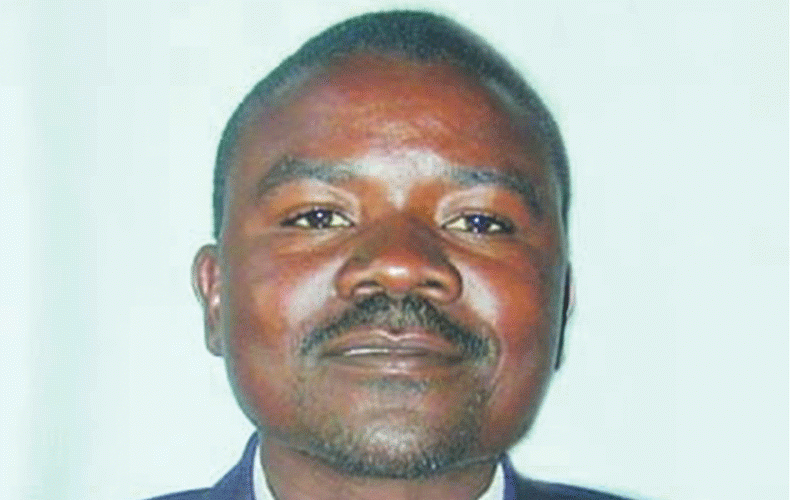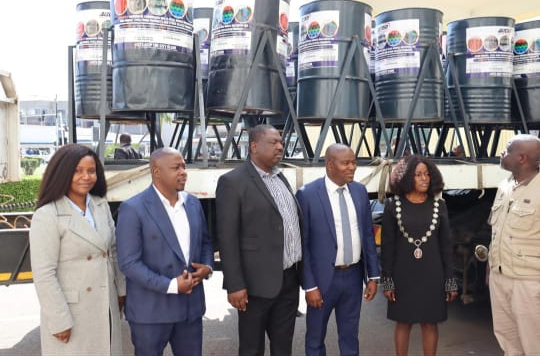
CITY fathers in Bulawayo have expressed concern over stringent registration requirements imposed by the local authority for small business operators in the city.
Speaking during a full council meeting for Zimbabwe’s second largest city, ward 9 councillor Donaldson Mabuto revealed that the rigorous registration process was forcing small business operators to pay bribes to unscrupulous law enforcement agents in the city.
Mabuto said the Bulawayo City Council (BCC) was losing potential revenue from unlicensed shops in town, adding that shop owners were forced to pay at least US$35 per month or after two months as bribes, depending on the number of police of raids.
“The council should think outside the box. Vendors want to be licensed, but council’s inflexibility is a major obstacle. I have done research which revealed that vendors and other small shop operators are willing to pay council, but stringent bylaws hinder the progress,” he said.
Ward 23 councillor Ntombizodwa Khumalo acknowledged council’s efforts to address the chaos in the city and appealed for central government intervention on illegal vending.
Bulawayo mayor David Coltart emphasised the need for attractive alternative vending spaces.
He cited large markets on the city’s perimeter, including Egodini, calling for swift action to operationalise them.
Coltart suggested collaborating with investors to create a larger market with basic amenities like roofs, smooth floors, solar power, clean water and toilets.
- Bulawayo struggles to clear housing backlog
- Bulawayo struggles to clear housing backlog
- Egodini developer changes tune
- Outcry over city’s new rates, tariffs
Keep Reading
The mayor highlighted the importance of designated vending bays and proper structures for vendors.
He tasked the BCC town planning department to identify more bays and allocate vendors proper structures, adding that vendors would gain confidence.
He said this would enable council to collect rentals and increase the number of vendors from 12 000 to 15 000.
Coltart emphasised the need to turn plans into reality, focusing on the retail, manufacturing and vending sectors.
The phased approach will prioritise areas like Makokoba and Nkulumane high-density suburbs for designated vending spaces.








